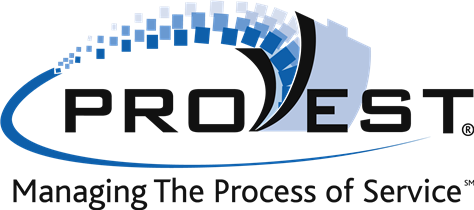Cross-Examination 101
NCBA Legal Learning Webinar
Whether you're dealing with a small dispute or a complex legal battle, the art of cross-examination can be the key to your success. This program introduces practitioners to groundbreaking "Killer Cross Examination" techniques and how to effectively apply them to creditors' rights litigation. Learn how these techniques have transformed our presenter, Wes Wollenweber’s legal practice, resulting in many successful outcomes. Joining Wes is attorney Stacy Stein, who provides valuable practical firsthand courtroom experience use of these techniques.
Attendees will have the opportunity to not only acquire knowledge but also immediately apply these highly effective and straightforward cross-examination methods. Subject matter experts will teach you how to integrate these techniques with your case's themes, master proper impeachment strategies, and use cross-exam preparation as the cornerstone of your trial preparation process. By mastering these tried-and-true techniques, you'll exude confidence in the courtroom, which can make all the difference in the outcome of your case.
Key Learning Points and Practical Skills in This Session:
- Less is More: Discover how to frame cross-examination questions as concise, rapid statements that judges and jurors can easily appreciate. Brevity can be a powerful tool.
- Authentic Presentation Style: Understand the importance of authenticity in your presentation style. Being true to yourself and your case can enhance the effectiveness of your cross-examination.
- Handling Difficult Witnesses: Learn how to employ the looping technique when dealing with evasive or challenging witnesses. This method can help extract crucial admissions related to debts, contracts, intent to pay, and more.
- Setting Up the Cross-Examination: Explore the strategies for setting up your cross-examination, including using case trilogies, creating concise outlines, and establishing goals for obtaining key admissions and impeaching witnesses. Your cross-exam preparation will serve as the foundation for your entire trial strategy.
- Calling your Opposing Party First: As Plaintiff’s counsel, discuss the concept of calling your opposing party first, and cross-examining under Rule of Evidence 611(c ) to lock in key admissions to proving your case.
By honing these skills and techniques, you'll not only boost your confidence but also your effectiveness in the courtroom. Your ability to master cross-examination can tip the scales in your favor, whether you're representing creditors or tackling any legal challenge.
CLE is pending for this webinar.
CLE Information
National Creditors Bar Association is a national provider of legal educational content. NCBA’s goal is to provide its members with as many opportunities as possible to earn Continuing Legal Education (CLE) credits. Some NCBA webinars state that they are pending approval. If a webinar is pending approval, it means that NCBA’s education staff is awaiting confirmation of approval for CLE credit from the accrediting body of a particular state; it should be noted that individual states have different response and approval rates. NCBA expects that the course will be approved for the credit amount and type listed, but approval is not guaranteed. An attorney can still take the course at their own discretion, though.
It is not uncommon for a course which is pending approval to not be approved until after the webinar has taken place. Once an official decision notice arrives from the state, NCBA will notify attorneys who have completed the course as soon as possible via email, and will re-issue any certificates of completion to reflect the updated state reporting numbers. However, it is recommended that attorneys do not view webinars that are pending approval close to their CLE deadline, as NCBA cannot guarantee that a course will be approved in time.
National Creditors Bar Association will seek MCLE accreditation, with the assistance of the ABA MCLE, for this webinar. NCBA will seek General CLE credit hours in 60-minute-hour states, and in 50-minute states, subject to each state’s approval and credit rounding rules. States typically decide whether a program qualifies for MCLE credit in their jurisdiction 4-8 weeks after the program application is submitted. For many live events, credit approval is not received prior to the program. A link for CLE requests will be provided to webinar attendees who have met the attendance and engagement requirements.

